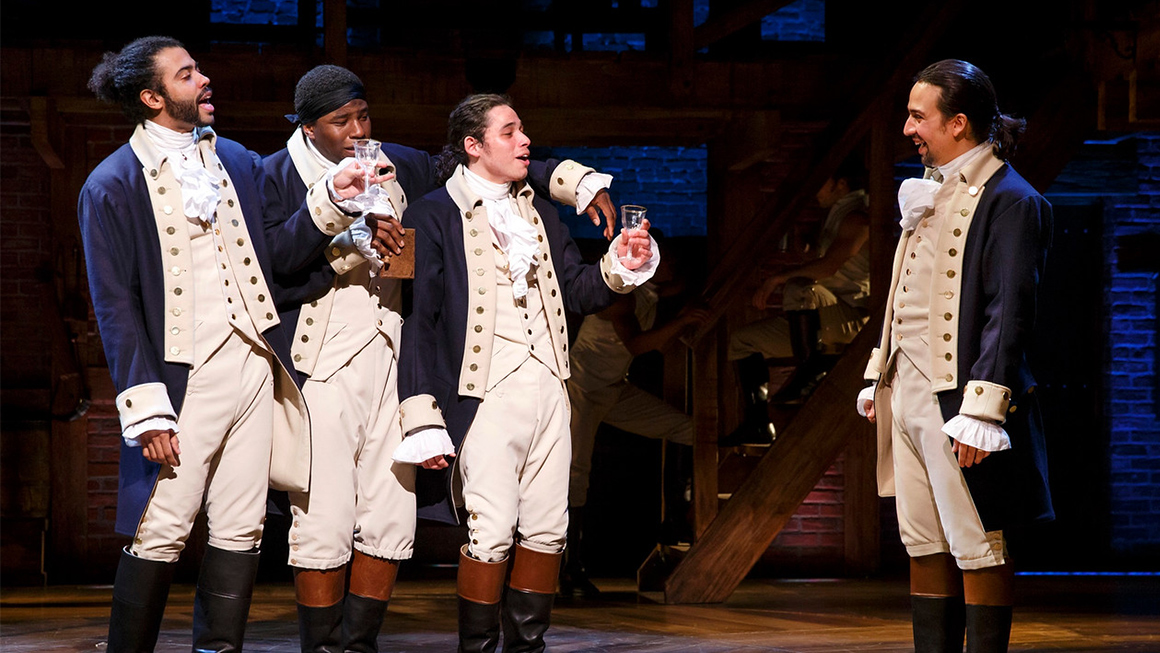My review of the season 3 finale
Objectively speaking,
The Abominable Bride is quite bad. It’s the sort of mess of fan service, self-indulgence, and petty delay which has become a hallmark of
Sherlock since
The Empty Hearse. But that’s not to say it isn’t enjoyable, in all its illogical absurdity.
The episode begins with a lightning recap of the first three seasons which reminds long-time viewers of a few series high points but does little to enlighten new fans. It then gives us a “what if” transition into an alternate universe. It’s 1895, post-Reichenbach, and Watson and Holmes are returning to 221B from a case. They’re just in time to meet Lestrade, who needs Holmes’s assistance on a murder.
It all began (he informs them) when the titular bride, Emelia Ricoletti, went mad and started taking potshots from her balcony at passersby, before blowing a hole in the back of her head. Later that evening, on his way to identify her corpse, her husband was stopped in the street by a creepy-looking woman in a wedding dress.
You can see where this is going. Emelia removes her veil and plugs her husband full of lead before evaporating into the mist. A series of similar murders crop up around the country, meaning Lestrade and Watson immediately think
ghost rather than
copycat murderer. Thankfully, Holmes is here to remind us several times ghosts don’t exist, and poetry is never true unless you’re an idiot. Hashtag the Enlightenment. Neil deGrasse Tyson would be proud.
Coroner Hooper (Louise Brealey with a stache) confirms that the Bride is most certainly dead, so it’s even more puzzling when Holmes and Watson are referred by Mycroft (satisfying canon with extreme girth), months later, to a wife who reports her husband, Sir Eustace Carmichael, is seeing the Bride. First of all, he receives orange pips in the mail, obviously a threat (Sherlockians will recognize the reference to
The Five Orange Pips), and then begins to ramble on about seeing the Bride, who has come to exact revenge for some secret sin. When Holmes and Watson visit Sir Eustace, however, he denies the accusations, dismissing his wife’s story as female hysteria (hashtag misogyny).


























